Arabic Boys’ Names 16 : What They Mean exactly helpful lesson
My name is Mohamed. I’m from Morocco. I have a Bachelor’s degree in Islamic Studies, and I’ve been teaching Arabic for over seven years. I work mainly with non-native speakers, especially children of immigrant families living in Europe, North America, and other parts of the world.
Most of my students speak some Arabic at home, but they struggle with reading and writing. Their parents want them to learn the language properly—not just to speak it, but to understand it, read the Quran, and stay connected to their culture. That’s where I come in.
I teach online, which allows me to work with students across different countries and time zones. I use digital tools, but I always keep my focus on the basics—clear explanations, steady progress, and real understanding. My main focus is reading and writing. Once students build these two skills, everything else becomes easier.
I also hold several diplomas in teaching methods and educational strategies. I’ve studied how to teach Arabic as a second language, how to adapt lessons to different levels, and how to make learning more interactive. These tools help me design lessons that fit each student’s background and needs.
For me, teaching Arabic isn’t just about grammar and vocabulary. It’s about connection. I try to make the language feel real and useful. I use names, stories, everyday expressions, and real examples. I want students to feel that Arabic isn’t just something they learn—it’s something they live.
Teaching Arabic to kids in the diaspora means more than just giving them a skill. It gives them a sense of identity. It helps them feel closer to their roots, their families, and their values. That’s why I care about this work. That’s why I keep improving how I teach.
This is just the beginning. There’s more I want to share—about names, lessons, methods, and how I make Arabic simple and meaningful for the next generation.
Arabic names are full of meaning. They’re not just chosen for how they sound—they often reflect values, personality traits, and hopes parents have for their children. In this section, I want to share some of the most common Arabic names I come across in my teaching, especially among children of the diaspora. I’ll explain how to pronounce them, what they mean, and why they matter.
مُحَمَّد (Muḥammad)
Transliteration: Muḥammad
Meaning: The one who is praised often
This is one of the most well-known names in the Muslim world. It comes from the root “ḥ-m-d” (ح-م-د), which means praise. The name مُحَمَّد is in the passive form—it means someone who is constantly praised or worthy of praise. It’s the name of the Prophet of Islam, and because of that, it holds a deep emotional and spiritual value for many Muslim families.
Many boys are named Muḥammad, often as a first name followed by another, like Muḥammad ʿAlī or Muḥammad Yūsuf. It’s not just a name—it’s a connection to the Prophet and his qualities.
أَحْمَد (ʾAḥmad)
Transliteration: ʾAḥmad
Meaning: More praiseworthy, or the most praised
This name comes from the same root as Muḥammad. It is a comparative form, meaning someone who is even more praised. In Islamic tradition, Aḥmad is another name of the Prophet mentioned in the Qur’an.
Aḥmad is shorter and easier to pronounce than Muḥammad, so it’s often chosen for that reason, especially in non-Arabic speaking countries.
عَلِي (ʿAlī)
Transliteration: ʿAlī
Meaning: High, noble, elevated
The name عَلِيّ comes from the root ʿ-l-w (ع-ل-و), which is related to height and greatness. In Arabic, the word ʿālī (عَالِي) means “high” or “lofty”. The name ʿAlī means someone who has high status, noble character, or a high rank.
يُوسُف (Yūsuf)
Transliteration: Yūsuf
Meaning: God increases (in goodness or power)
Yūsuf is the Arabic form of Joseph, known from both the Qur’an and the Bible. The name is associated with beauty, patience, and strong character. The story of Prophet Yūsuf in the Qur’an is one of the longest and most detailed. It teaches lessons in trust, family, forgiveness, and resilience.
The name Yūsuf is soft in sound and easy to pronounce in many languages, which makes it popular among Arabic-speaking families in the West.
عُمَر (ʿUmar)
Transliteration: ʿUmar
Meaning: Long life, life, or one who lives a long life
The name ʿUmar comes from the root ʿ-m-r (ع-م-ر), which relates to life, age, and construction. In Arabic, the word ʿumr (عُمْر) means life span. Naming a child ʿUmar expresses the hope for a long, successful life.
It’s also the name of ʿUmar ibn al-Khaṭṭāb, the second Caliph of Islam, known for his justice and leadership. The name is simple, strong, and widely used.
سَعِيد (Saʿīd)
Transliteration: Saʿīd
Meaning: Happy, joyful, fortunate
The name سَعِيد comes from the root s-ʿ-d (س-ع-د), which is all about happiness and good fortune. In Arabic, saʿāda (سَعَادَة) means happiness. So, when someone is named Saʿīd, it’s a wish for a joyful life, or it can describe someone who brings happiness to others.
It’s a very traditional name but still common. Many families like it because of the positive energy and simplicity it carries.
خَالِد (Khālid)
Transliteration: Khālid
Meaning: Eternal, everlasting
خَالِد comes from the root kh-l-d (خ-ل-د), which means to last forever. The name suggests strength, legacy, and permanence. In Islamic history, one of the most famous military leaders was Khālid ibn al-Walīd, known as “the Sword of Allah” for his success in battle.
This name is often chosen to reflect the idea of a lasting name, a lasting impact, or a life filled with honor.
حَسَن (Ḥasan)
Transliteration: Ḥasan
Meaning: Handsome, good, virtuous
The name حَسَن comes from the root ḥ-s-n (ح-س-ن), which means beauty or goodness. In Arabic, ḥusn (حُسْن) means beauty in appearance or character. Ḥasan is both a visual and moral compliment.
مَازِن (Māzin)
Transliteration: Māzin
Meaning: One who has a clear, radiant face; someone who brings brightness
The name مَازِن comes from the word māzin (مَازِن), which originally referred to a cloud that brings rain. It also carries the meaning of someone whose presence brings light or good things.
It’s a unique name, less commonly used today, but still carries strong classical Arabic roots. Many parents choose it because it feels both poetic and strong
طَالِب (Ṭālib)
Transliteration: Ṭālib
Meaning: Seeker, student, one who pursues knowledge
The name طَالِب comes from the root ṭ-l-b (ط-ل-ب), which means to seek or to request. In Arabic, ṭālib (طَالِب) also means student. Naming a child Ṭālib expresses a desire for him to always seek knowledge, to be curious, and to keep growing intellectually and spiritually.
It’s also the name of ʿAlī ibn Abī Ṭālib, cousin of the Prophet. The name connects to both education and leadership.
زَيْد (Zayd)
Transliteration: Zayd
Meaning: Growth, abundance, increase
زَيْد comes from the root z-y-d (ز-ي-د), which means to increase. It gives the idea of growth—whether in knowledge, wealth, or blessings. The name is short and strong.
In early Islamic history, Zayd ibn Ḥārithah was a close companion of the Prophet and one of the first people to accept Islam. He’s the only companion mentioned by name in the Qur’an. Many families choose this name for its history and clear meaning.
سَالِم (Sālim)
Transliteration: Sālim
Meaning: Safe, sound, unharmed
The name سَالِم comes from the root s-l-m (س-ل-م), related to peace and safety. Sālim means someone who is free from harm or corruption. It also implies someone who lives in peace and brings peace to others.
It’s often chosen by parents who want their child to live a calm and stable life, or to be someone who avoids trouble and harm.
أَمِين (ʾAmīn)
Transliteration: ʾAmīn
Meaning: Honest, trustworthy
This name comes from the root ʾa-m-n (أ-م-ن), which also gives us words like amānah (أَمَانَة) meaning trust. ʾAmīn means someone who can be trusted—honest, loyal, and dependable.
It’s a powerful name because it points to character, not just sound. It also reminds many people of the Prophet Muḥammad’s nickname before his mission: “al-ʾAmīn”, the trustworthy one.
نَاصِر (Nāṣir)
Transliteration: Nāṣir
Meaning: Supporter, helper, protector
نَاصِر comes from the root n-ṣ-r (ن-ص-ر), meaning to help or support. A nāṣir is someone who stands by others, who gives strength in difficult times. It’s a name that suggests leadership, loyalty, and courage.
The word also appears in the Qur’an in many places, usually referring to divine help or human support.
فَارِس (Fāris)
Transliteration: Fāris
Meaning: Knight, horseman, skilled fighter
فَارِس comes from the root f-r-s (ف-ر-س), and it literally means a knight or warrior on horseback. In Arab history, a fāris was a man of skill, honor, and bravery. The name carries that legacy.
It’s often used by parents who want their sons to grow up with strength, courage, and dignity.
رَاشِد (Rāshid)
Transliteration: Rāshid
Meaning: Guided, on the right path
رَاشِد comes from r-sh-d (ر-ش-د), meaning guidance or correct direction. Rāshid describes someone who is wise, balanced, and guided by reason and truth. It also relates to the word rushd (رُشْد), which appears in the Qur’an.
It’s a strong name for someone who leads with wisdom and avoids extremes.

Note
Arabic is more than just a language. It’s identity, heritage, and connection. For many children of the Arab and Muslim diaspora, learning Arabic is a way to stay rooted—to understand who they are, where they come from, and what values shape their lives. When I started teaching Arabic, I didn’t just want to explain grammar or build vocabulary. I wanted to make the language feel alive, personal, and meaningful.
That’s the vision behind Ramdani Arabic Academy.
Through this academy, I’ve been helping students—especially children of immigrant families—build a real connection with Arabic. My focus is clear: strong reading and writing skills, a deep understanding of the culture, and confidence using Arabic in everyday life. I use simple materials, real-life examples, and a method that works for students who don’t live in Arabic-speaking countries. I know their context. I understand their needs. And I meet them where they are.
One of the biggest challenges I’ve seen is that many students can speak Arabic at home, but they can’t read a sentence or write their name. Others can recite Qur’anic verses, but they don’t understand the meaning. That gap is serious. It weakens the link between generations and makes it harder for families to pass on their culture.
That’s why learning Arabic matters. It’s not just about the language itself—it’s about access. Access to history, religion, family, and tradition. It’s about understanding the words of the Qur’an, speaking with grandparents, reading signs when visiting back home, and even having a stronger Muslim identity in a non-Muslim society.
To make learning even more accessible, I’ve created several online courses on Udemy. These courses are designed for beginners, children, and even adults who want to rebuild their Arabic from the ground up. Each course is clear, step-by-step, and designed to help students reach real results. You can find lessons on reading Arabic letters, building vocabulary, understanding short texts, and improving writing skills.
The goal is to bring structured Arabic education to anyone, anywhere.
With the growth of Ramdani Arabic Academy and the success of the Udemy platform, I’ve seen students improve their skills, gain confidence, and even start teaching others. That’s what this work is about—building something that grows beyond the lesson, something that stays with the student for life.
If you’re a parent, a learner, or someone interested in reconnecting with the Arabic language, I invite you to explore our resources, join our community, and take the next step.
Arabic is not hard. You just need the right path—and someone who understands your journey.
That’s what Ramdani Arabic Academy is here for.
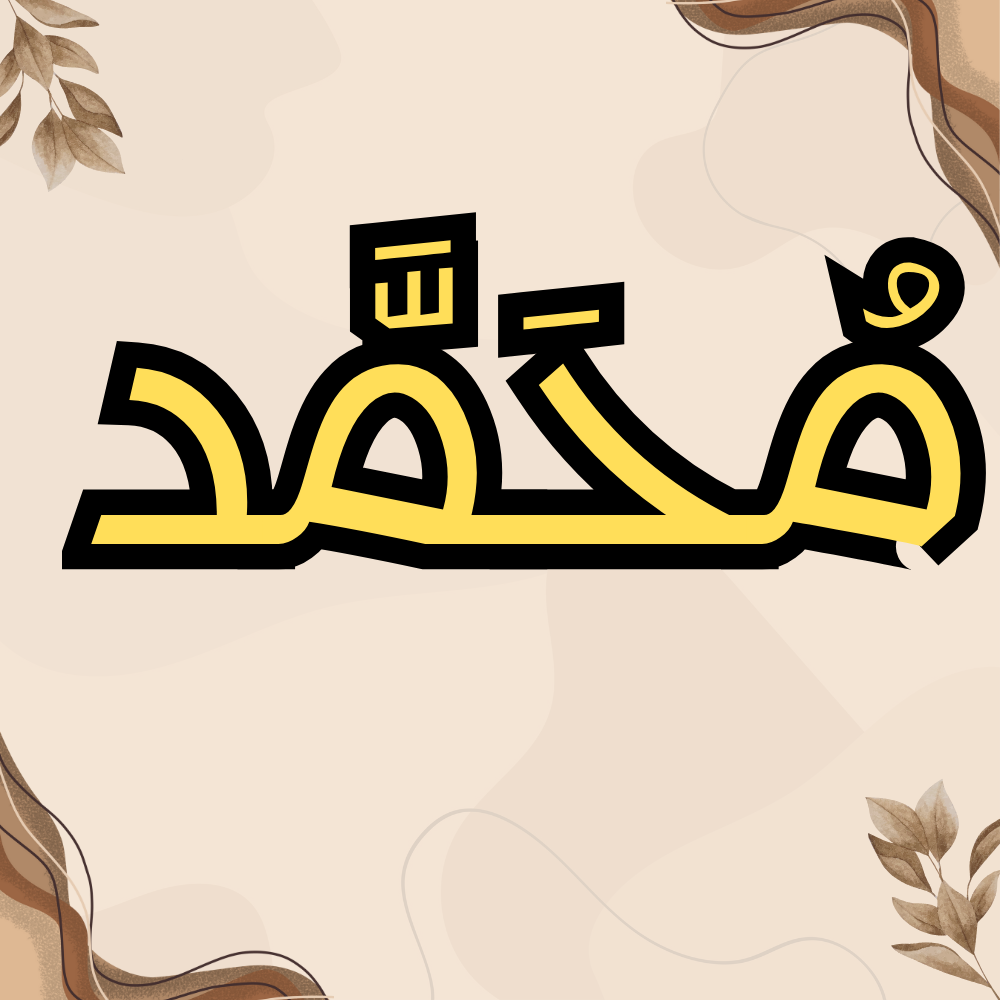
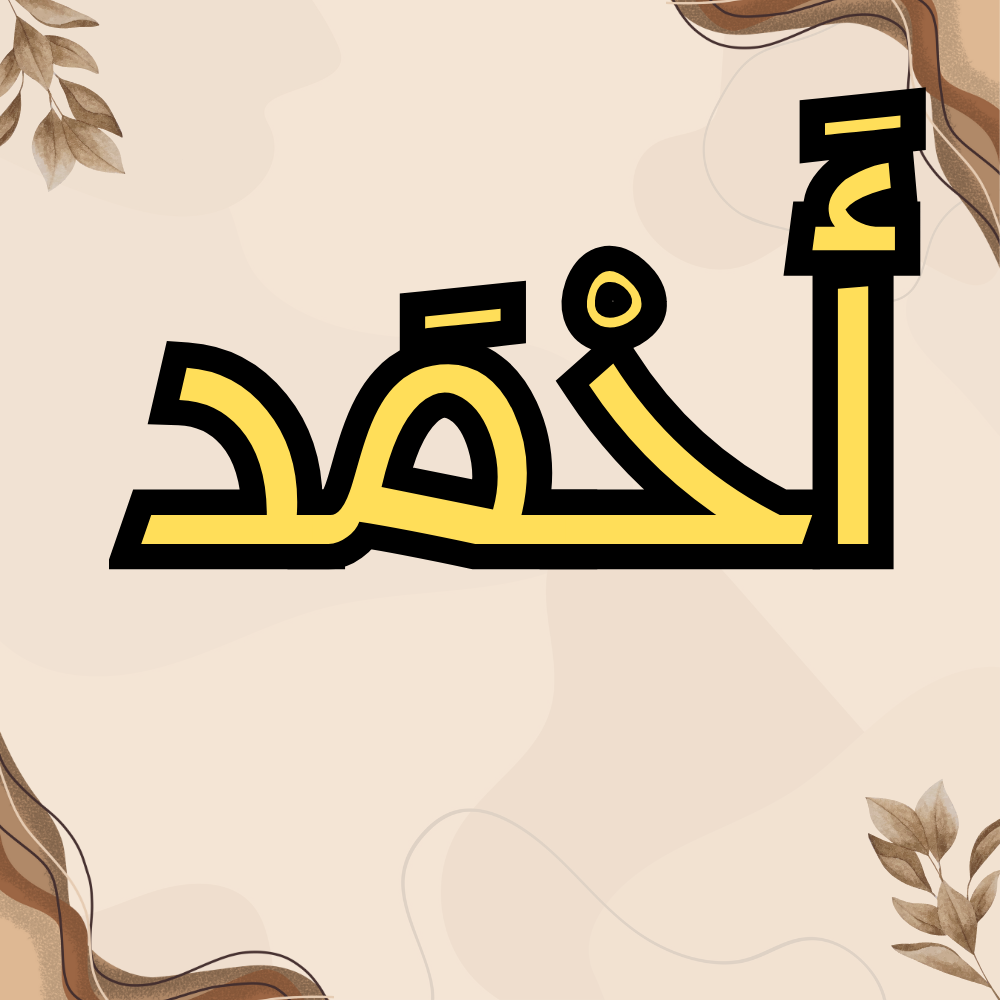
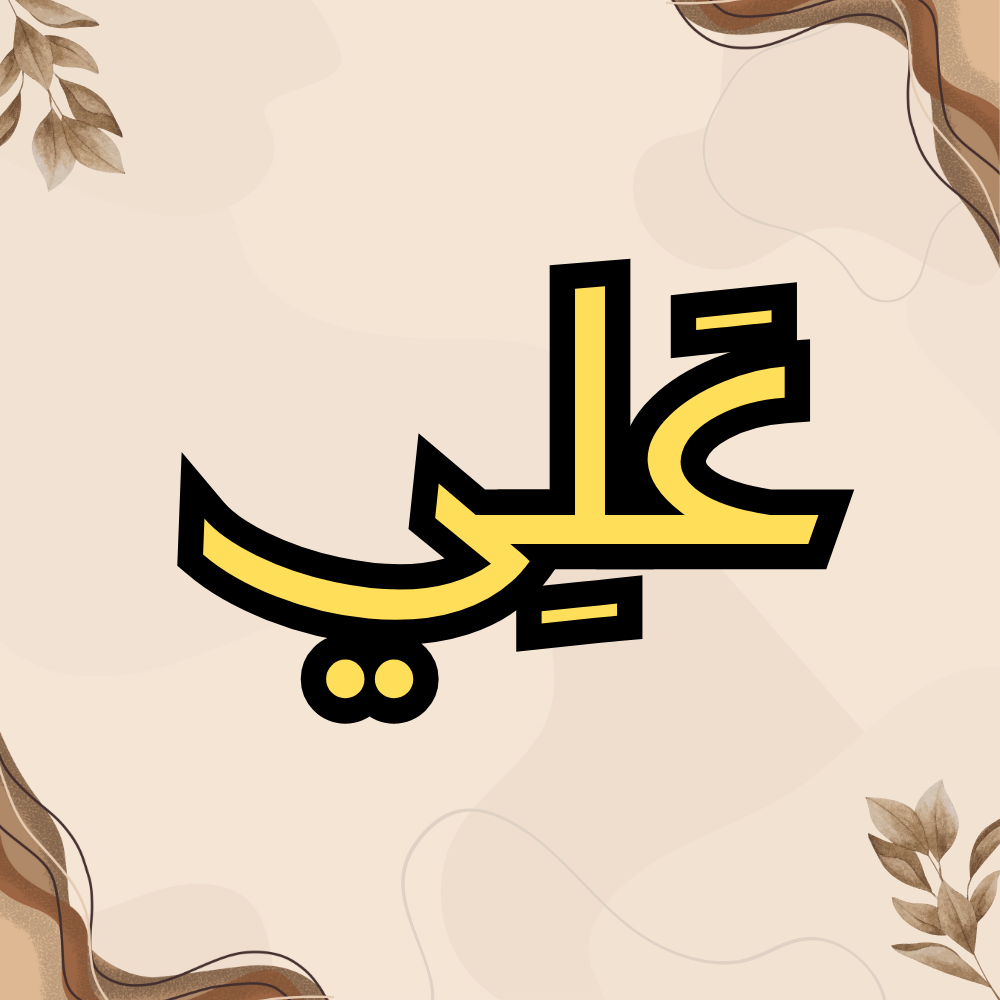
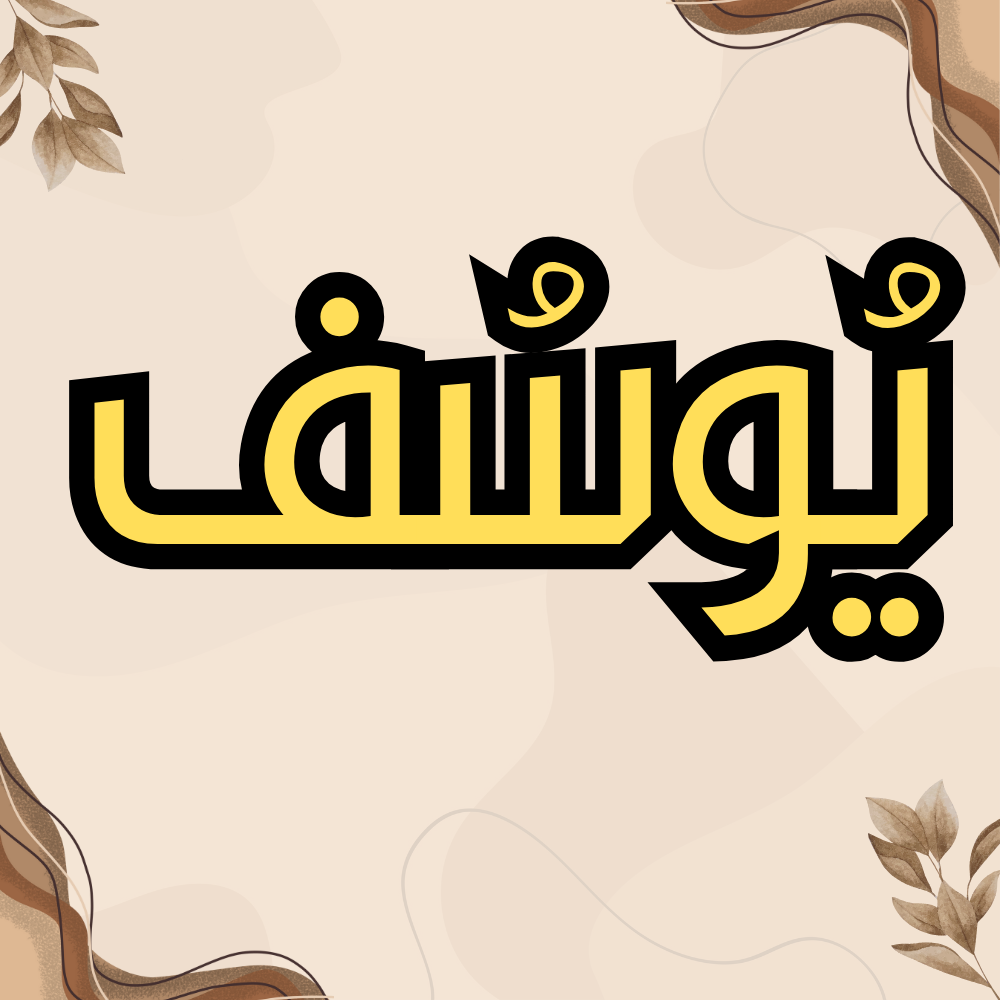
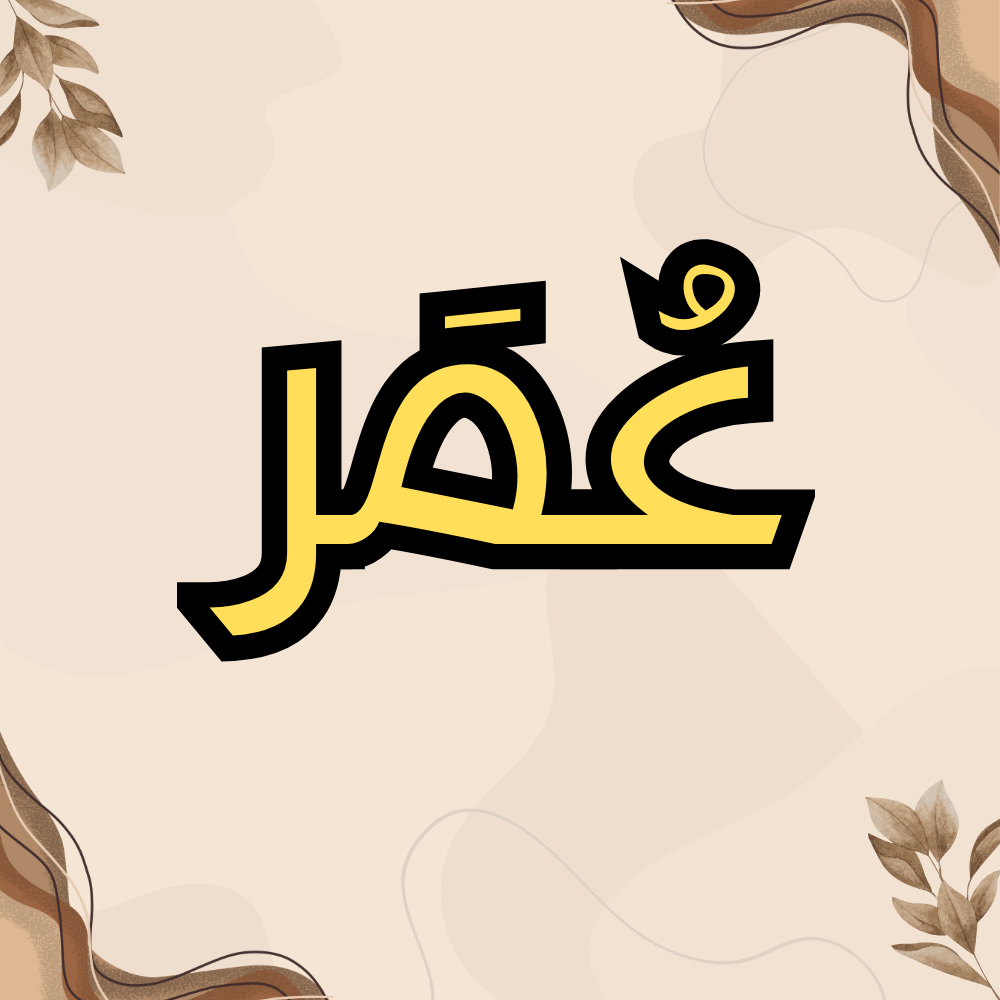
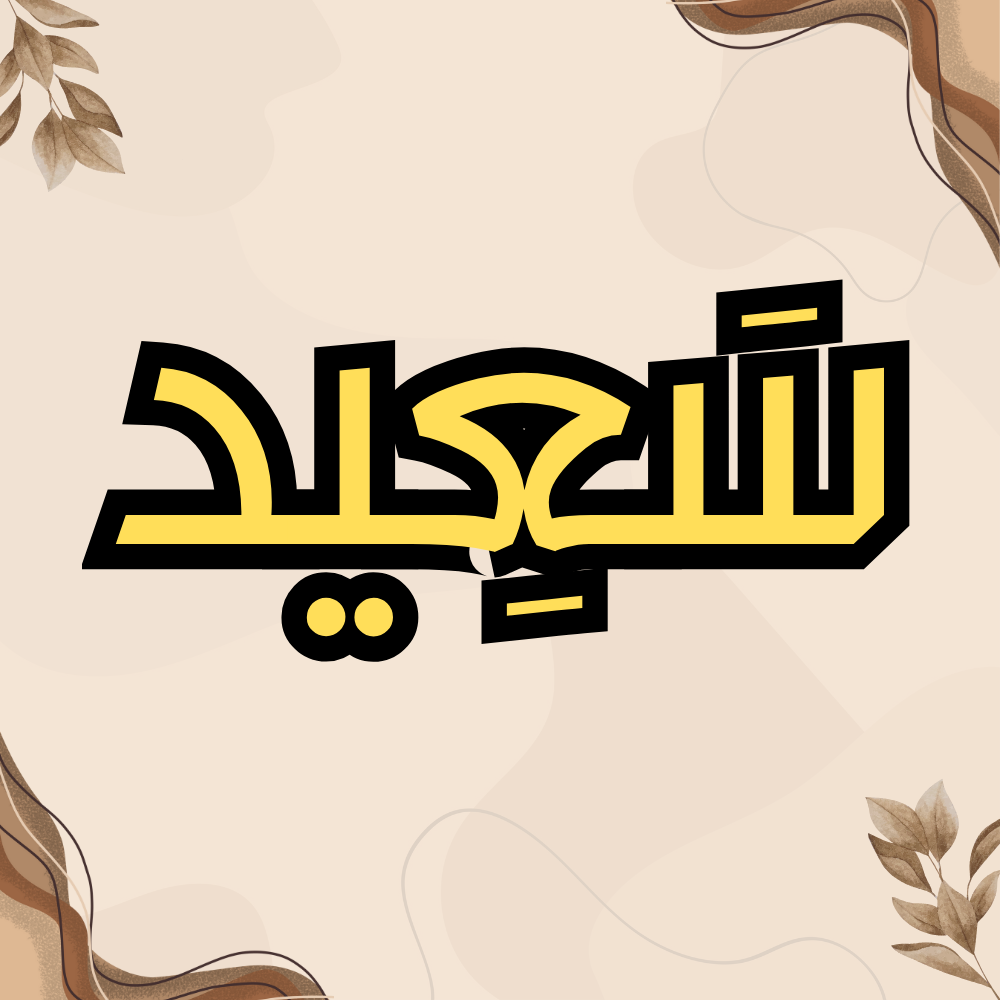
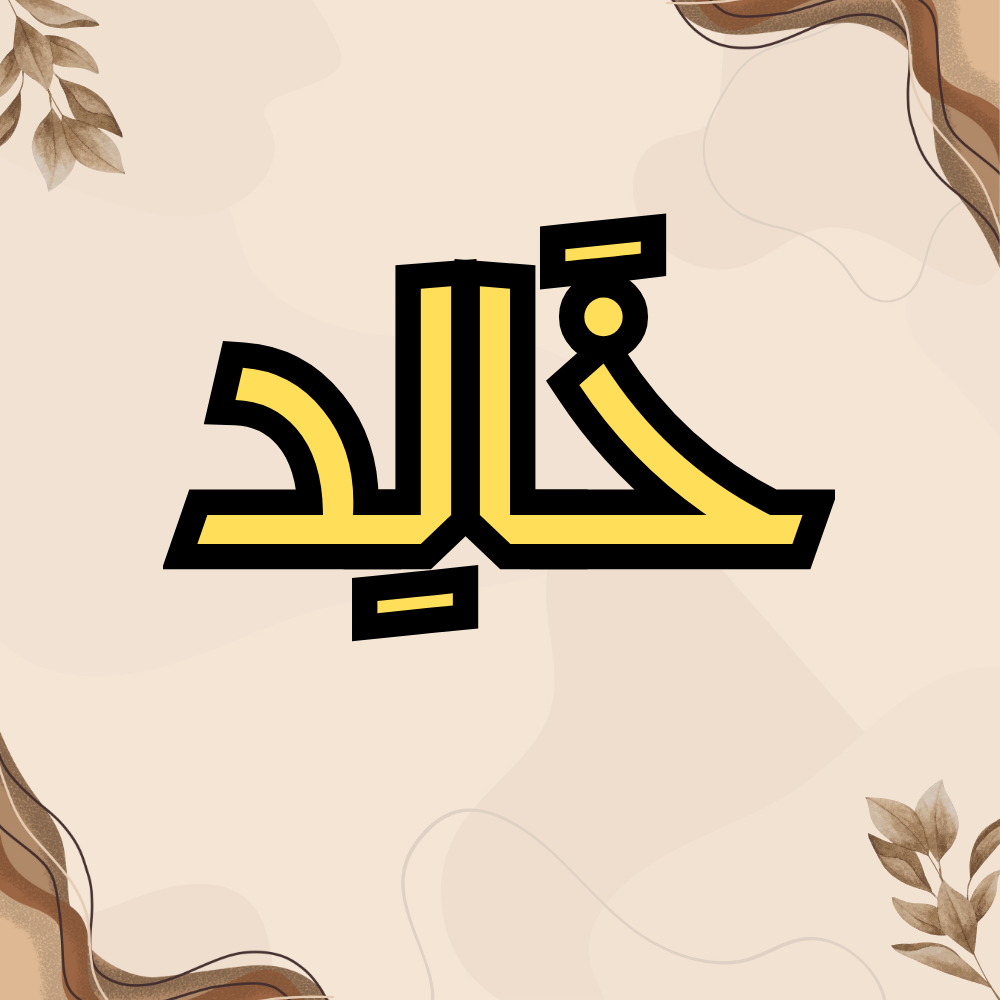
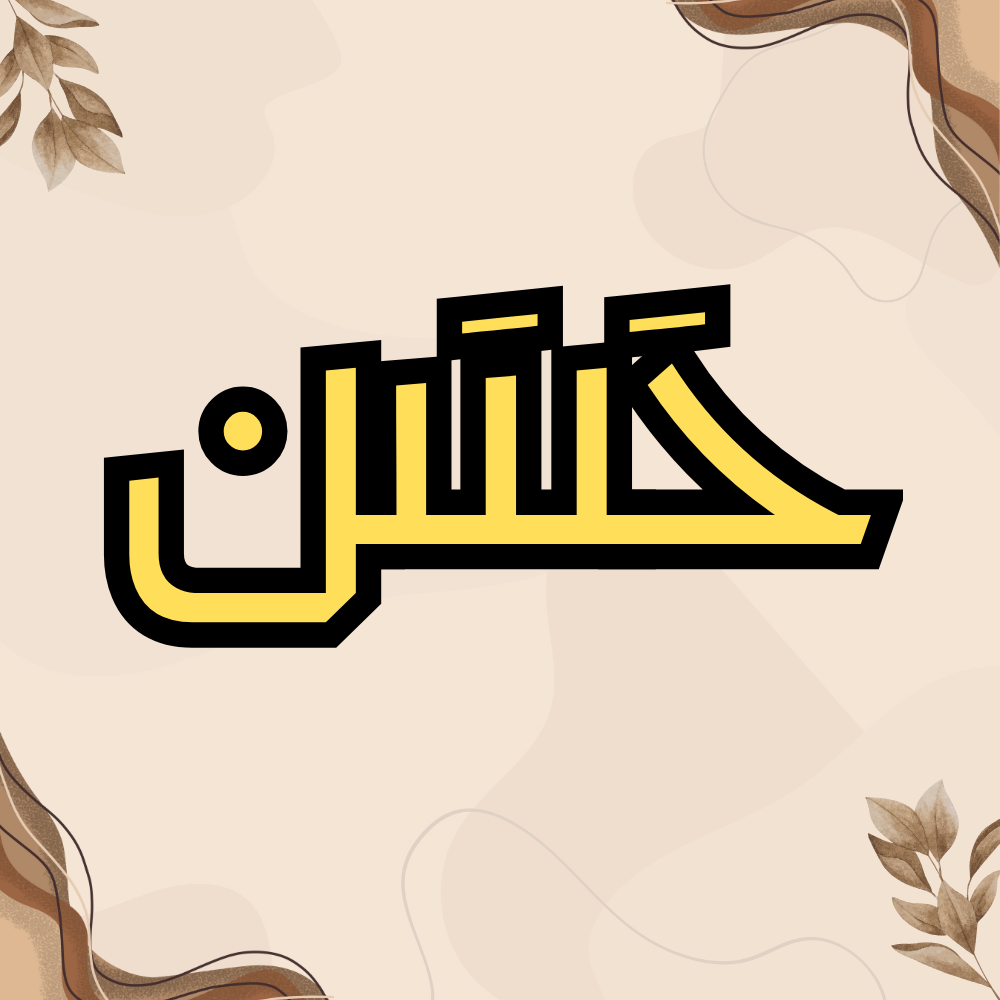
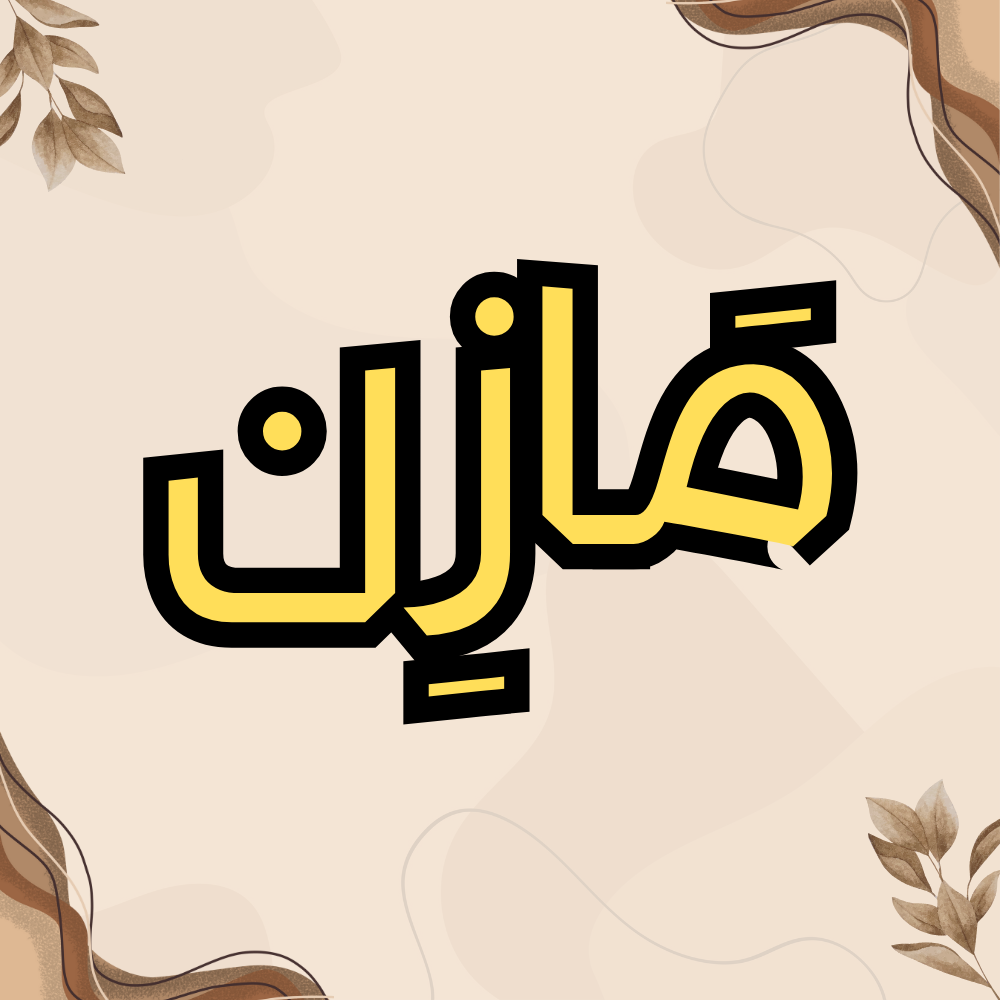
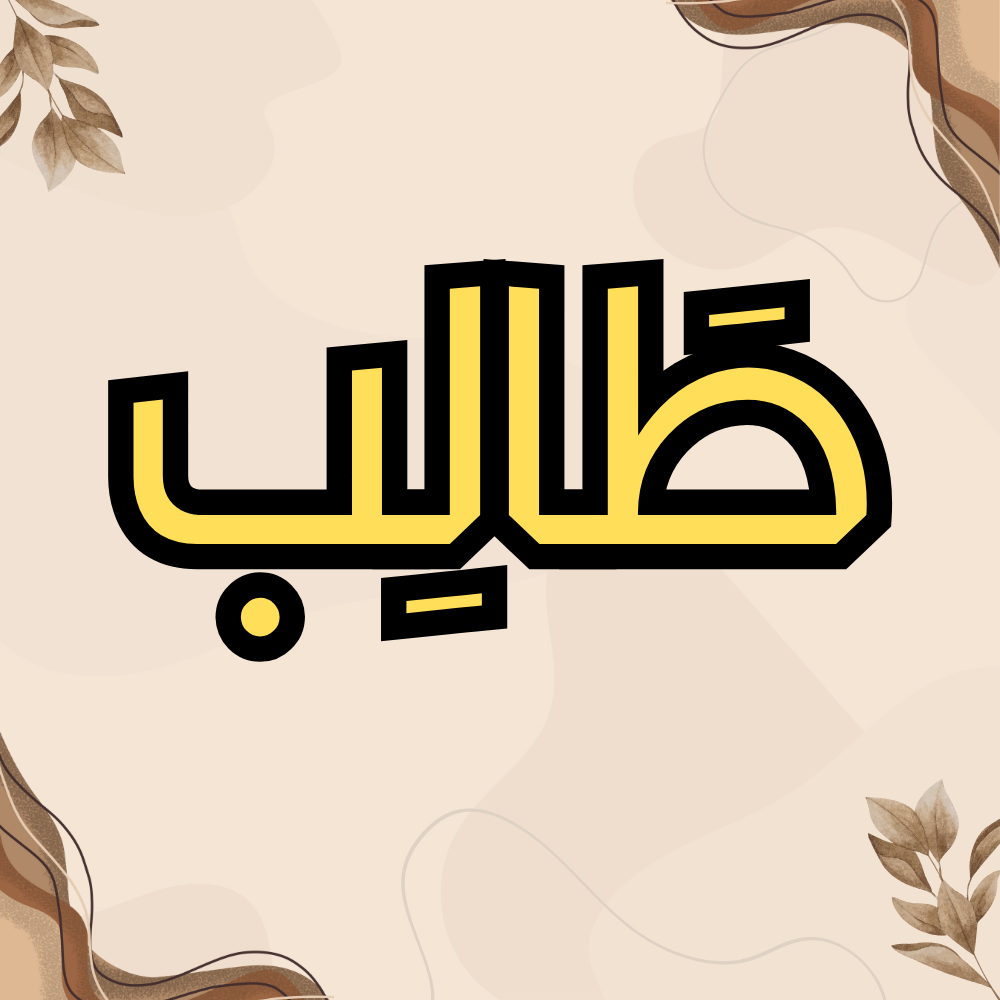
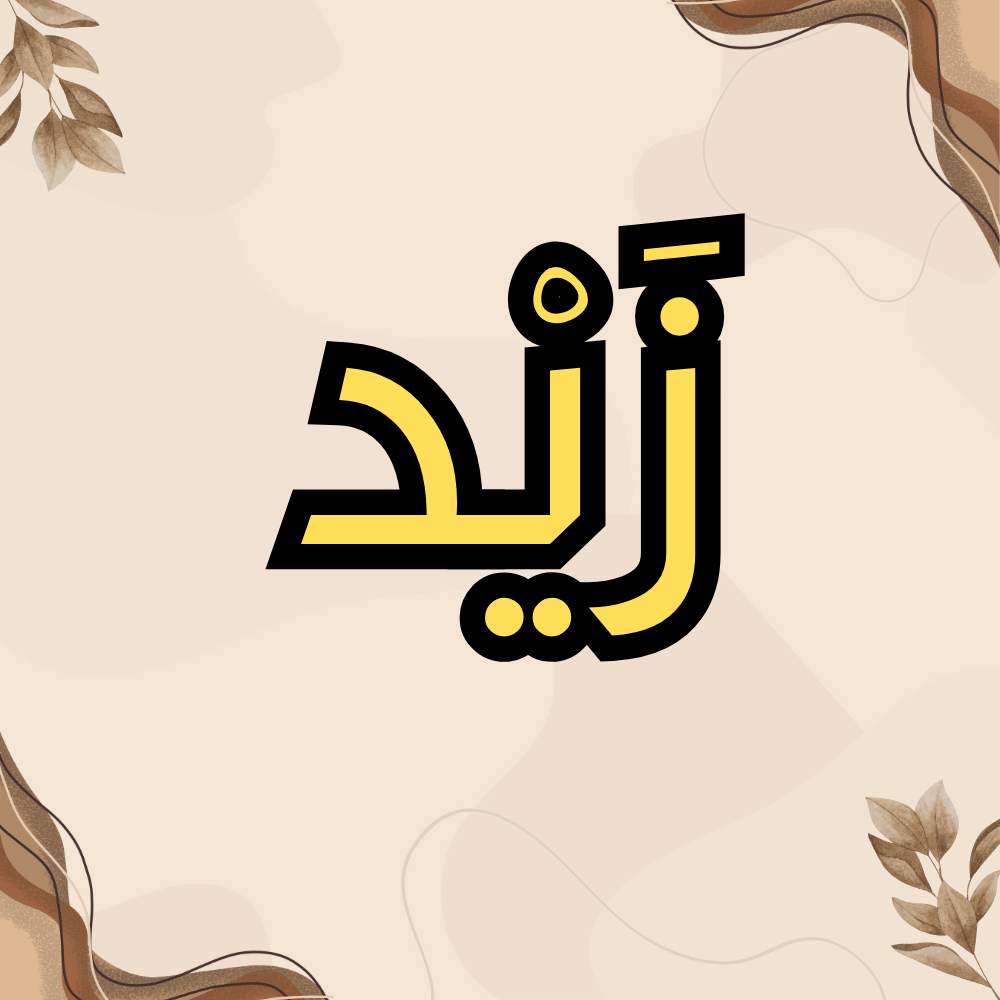
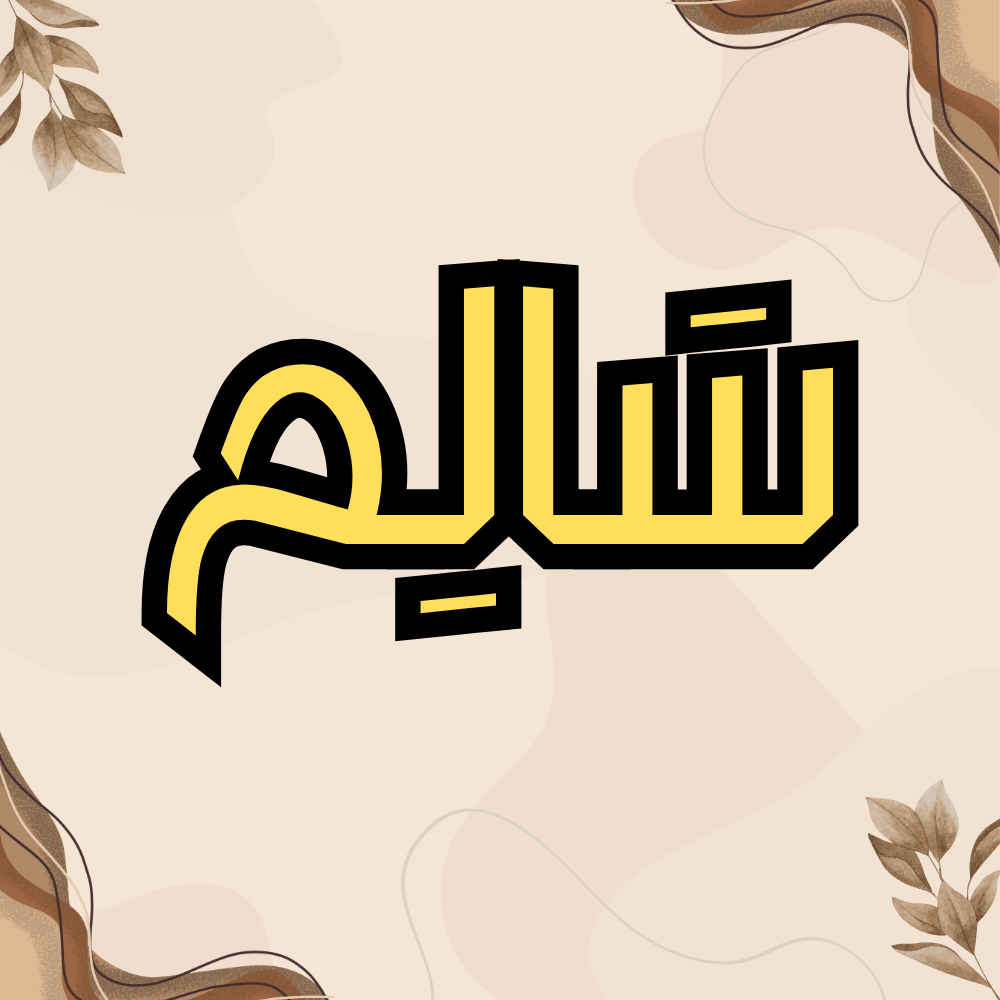
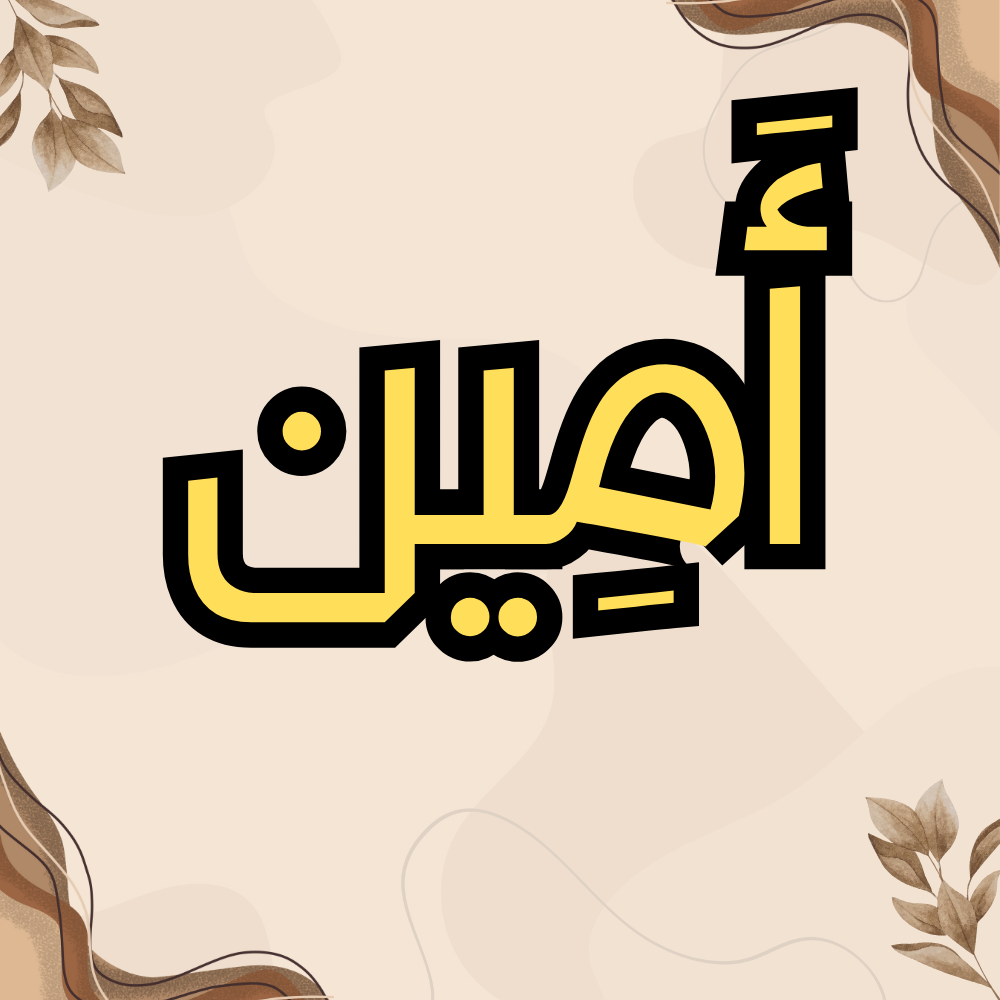
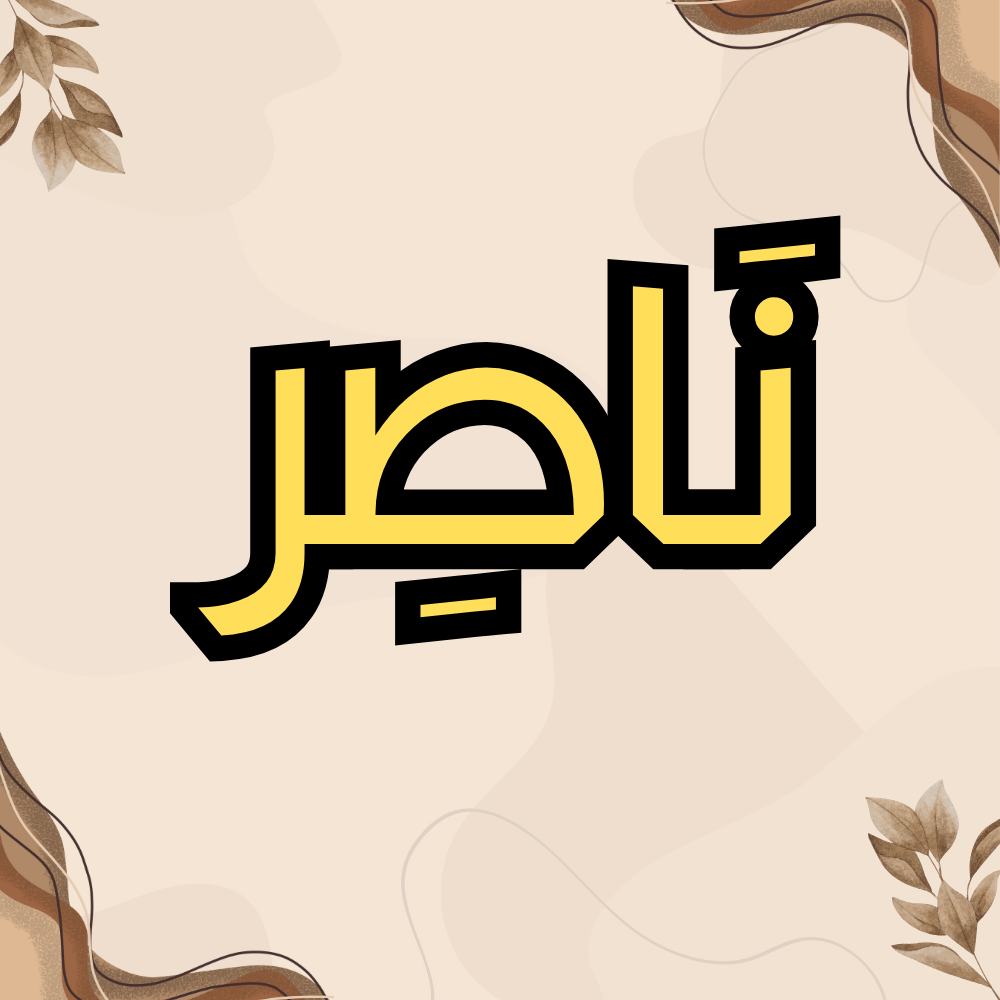
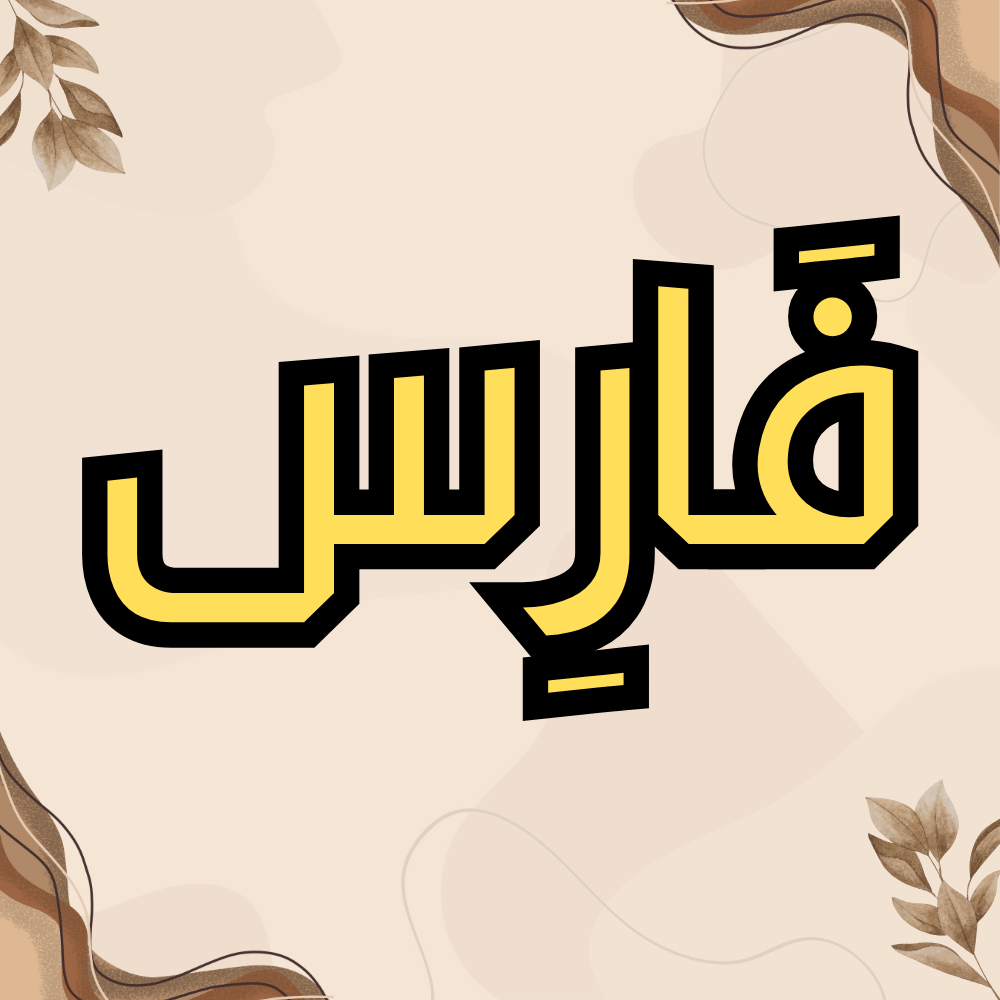
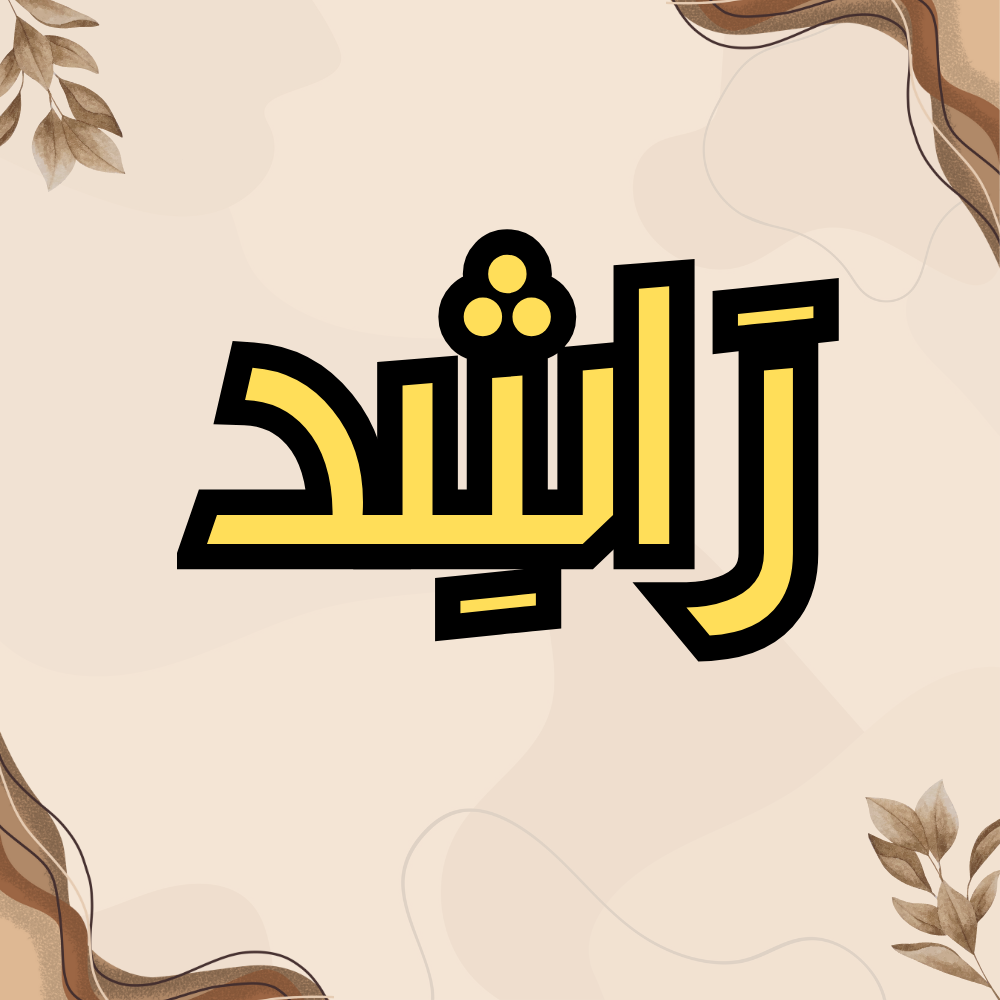
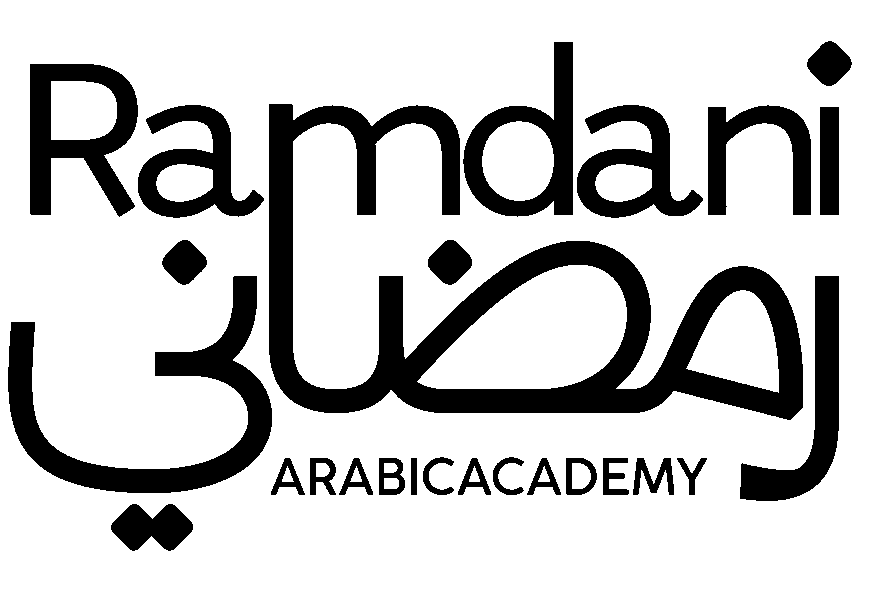
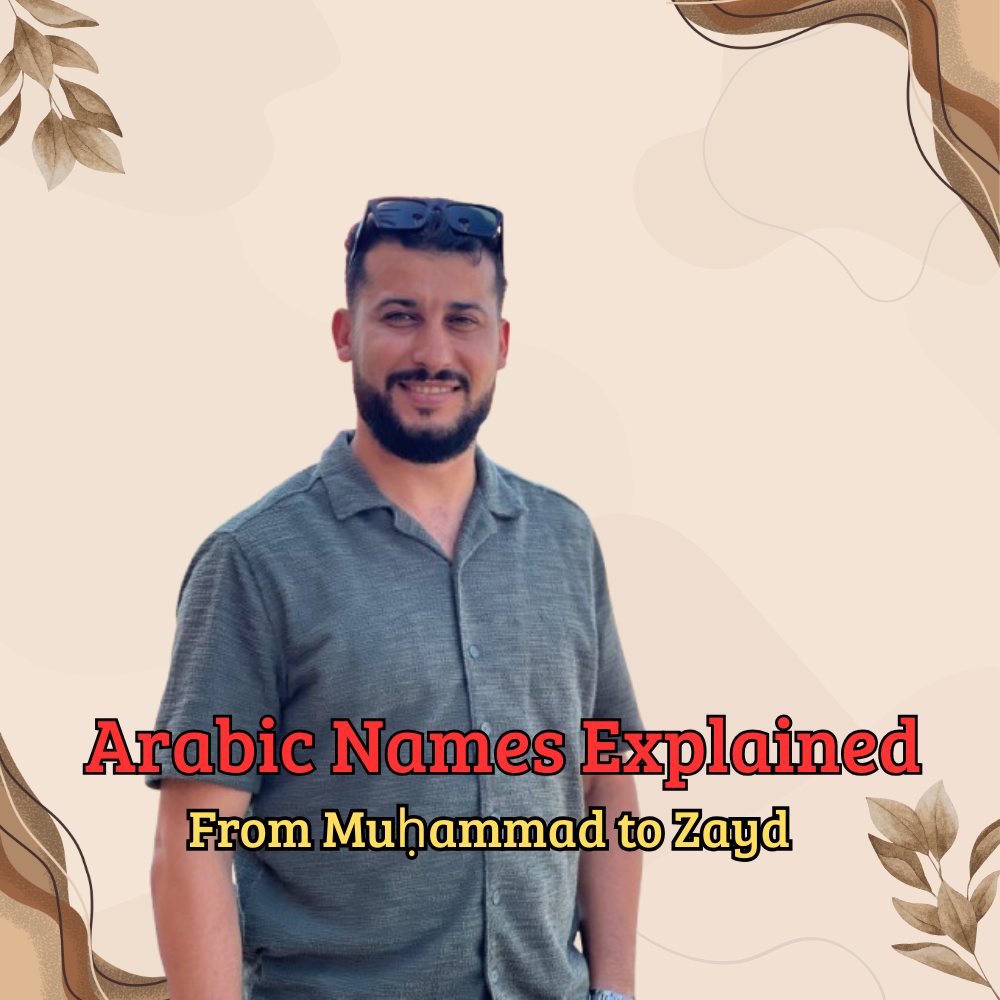




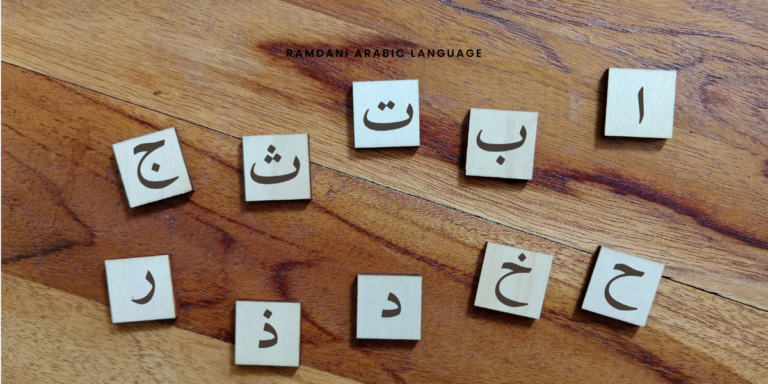
Keep up the good work sir